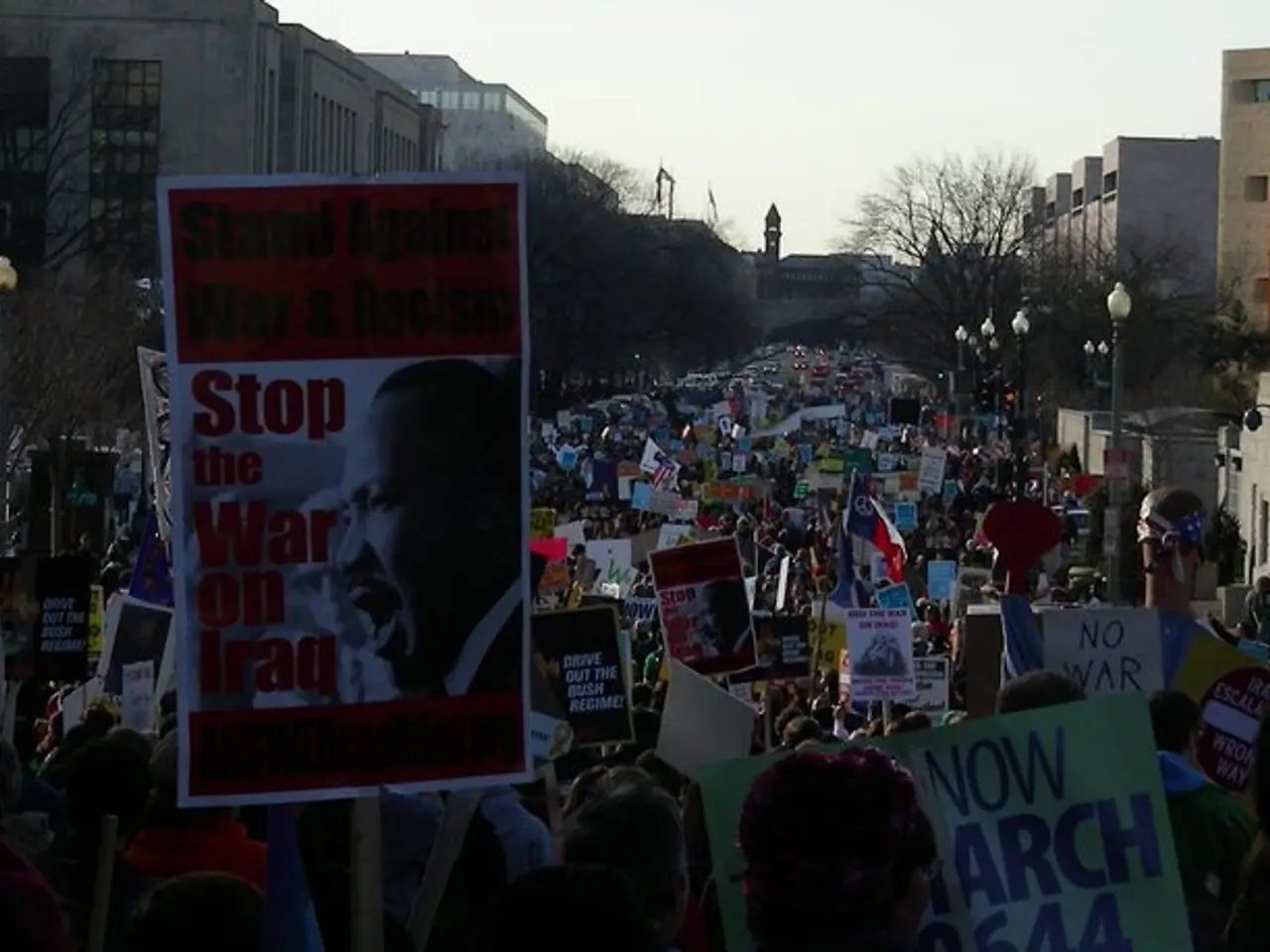Koblenz Rejects Asylum Seeker Payment Card Despite Federal Nudge
Koblenz has decided against introducing a payment card for asylum seekers, despite the federal government's new regulations allowing municipalities to do so. The city administration, after careful consideration, found that the administrative burden outweighed the expected benefits.
Koblenz spends approximately 5.3 million euros annually on its 1200 asylum seekers, a significant increase from 2024. Despite the potential for a cashless system to prevent money transfers to traffickers, the social welfare office cited high administrative burden and low expected effect as reasons for not introducing the card.
The city administration expects around 270 new refugees each year. Unlike many other municipalities, Koblenz has chosen not to implement the social security administration. There are no concrete indications that asylum seekers in Koblenz send funds to their families in their home countries. However, many other cities and districts have reported positive effects, such as increased voluntary departures of asylum seekers, after introducing the payment card.
Koblenz will not introduce the payment card for asylum seekers in 2023, prioritising the management of its current resources and processes. The city administration will continue to monitor the situation and may reconsider the decision in the future based on new evidence or changing circumstances.
Read also:
- American teenagers taking up farming roles previously filled by immigrants, a concept revisited from 1965's labor market shift.
- Weekly affairs in the German Federal Parliament (Bundestag)
- Landslide claims seven lives, injures six individuals while they work to restore a water channel in the northern region of Pakistan
- Escalating conflict in Sudan has prompted the United Nations to announce a critical gender crisis, highlighting the disproportionate impact of the ongoing violence on women and girls.






